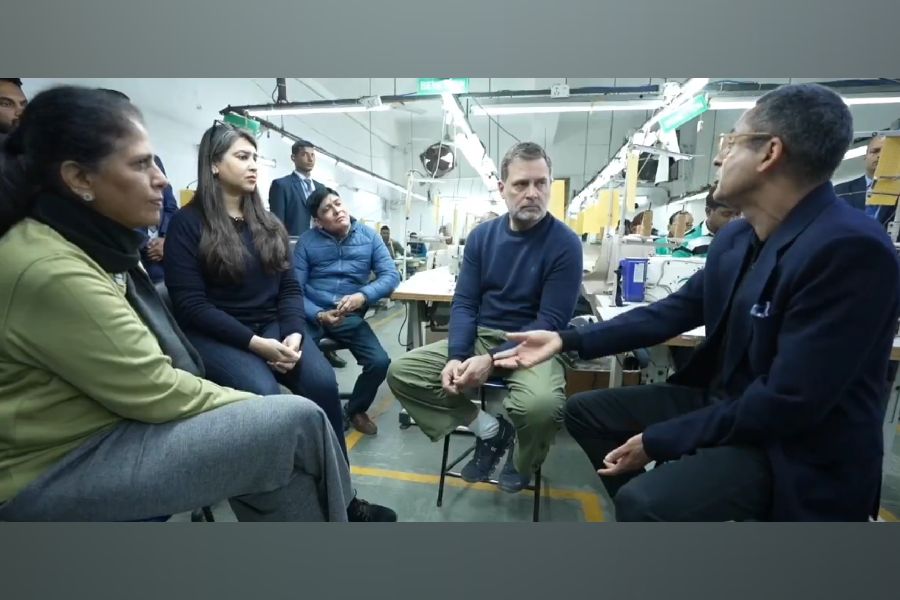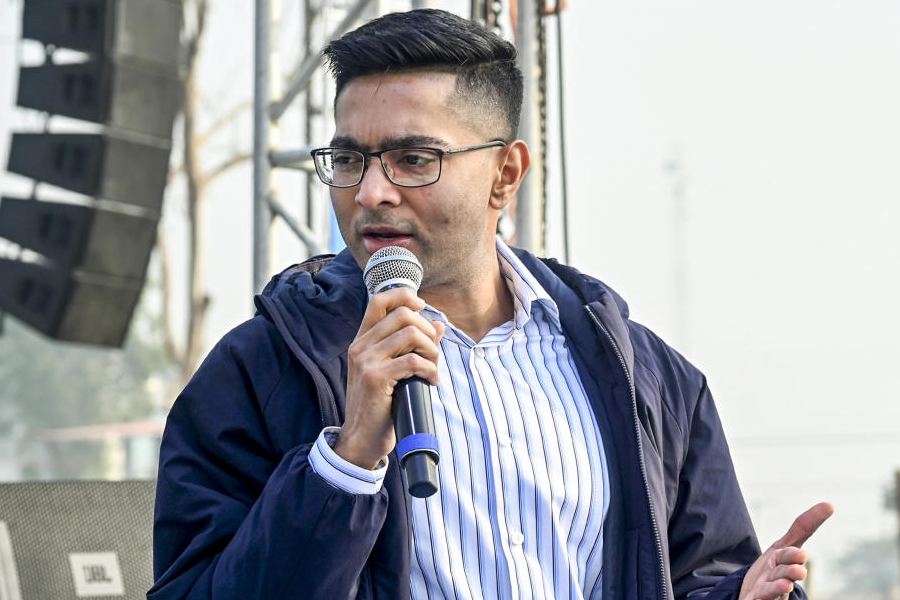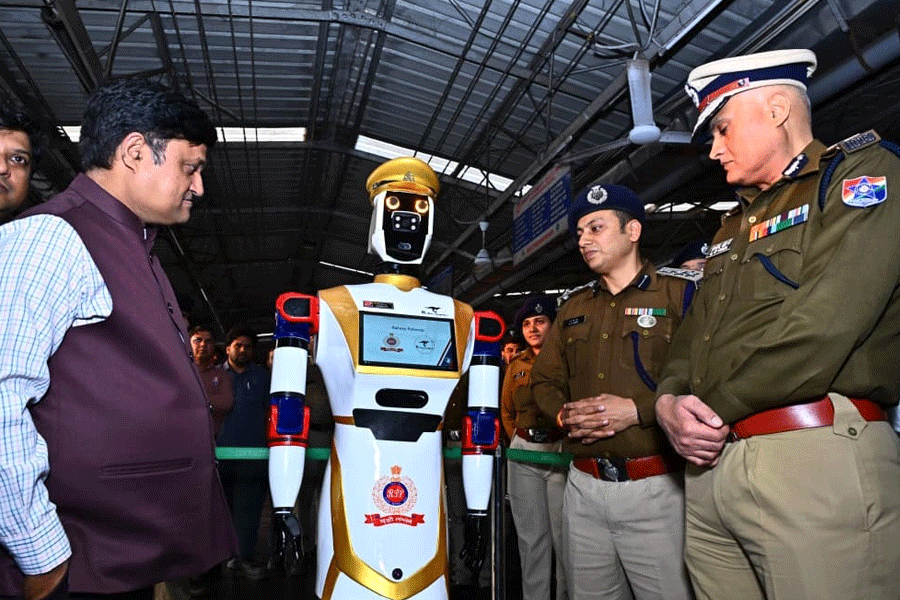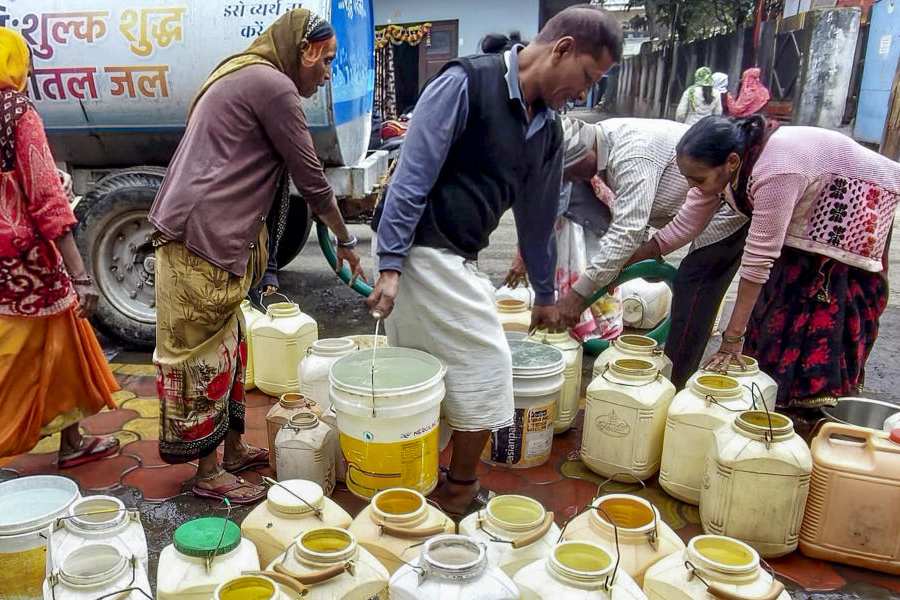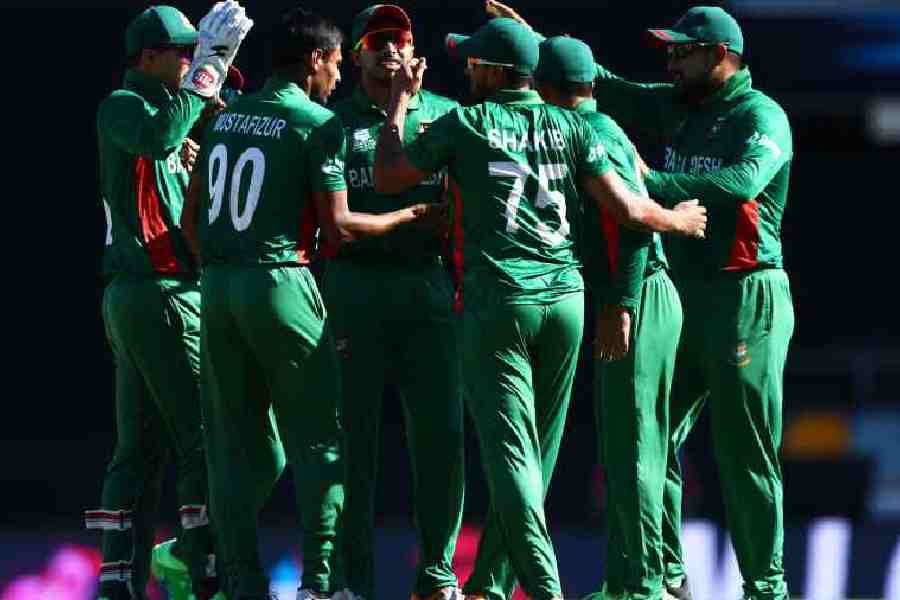|
|
| Open to abuse |
The international human rights law regime is of relatively recent origin. It took the murder of over six million Jews, communists, trade unionists, homosexuals, gypsies and other minorities during the Nazi holocaust for the world to declare in the Universal Declaration of Human Rights that ?all human beings are born free and equal in dignity and rights.?
Since the UDHR, the development of international human rights law in its norm-determination aspect has progressed much faster than its enforcement aspect. The last 60 years have seen the declaration of several basic human rights in the International Covenant on Civil and Political Rights (1966); the International Covenant on Economic, Social and Cultural Rights (1966); the International Convention on the Elimination of All Forms of Racial Discrimination (1965); the Convention on the Elimination of All Forms of Discrimination against Women (1979); the Convention on the Rights of the Child (1989); the Convention on the Prevention and Punishment of the Crime of Genocide (1948); the Convention against Torture and Other Cruel, Inhuman or Degrading Treatment or Punishment (1984) and several others. India , as an original member of the United Nations, played an important role in the determination of most of these standards. It is a party to all of them except the Torture Convention, which it signed in 1997 but has not yet ratified ? a procedure necessary to become a party to the convention. Many of these norms are also part of the Indian constitutional and statutory law.
Several experts believe that the world is moving towards the completion of the norm-determination aspect of human rights. However, some very important areas remain where states differ bitterly over what the standards should be ? particularly questions like rights of the refugees, the death penalty and discrimination against gays and lesbians. Newer concerns will continue to emerge. Also, several states (including India) have not completed the task of incorporating these norms in their domestic legal systems.
The bifurcation of the norm-determination aspect of human rights from their implementation resulted in relatively less emphasis on the latter. It made it easy for states to accede to a convention while flagrantly violating it in letter and spirit ? even Saudi Arabia is a party to the CEDAW, which outlaws all forms of discrimination against women!
However, in recent years, there has been greater focus on implementation. Many earlier conventions adopted the tool of optional protocols which gave teeth to the convention and set up enforcement mechanisms. But these need to be signed and ratified separately ? allowing the states to become a party to the main convention while refusing to join the optional protocol. The optional protocols to the ICCPR and the CEDAW enable their respective committees to receive complaints directly from individuals and rule on the same. The optional protocol to the Torture Convention establishes a sub-committee with visitation rights to ascertain violations. The latest movement in this direction has been the establishment of the International Criminal Court in 1998, which provides for international prosecution of individuals accused of genocide, crimes against humanity, war crimes and aggression, if the national state fails to ensure a free and fair trial within its jurisdiction.
While it has acceded to almost all of the norm-setting instruments, India is not party to any of the optional protocols and other instruments meant to enforce them. One can probably locate this unease in a post-colonial scepticism of the international legal order as alien and an anachronistic notion of national sovereignty. This was evident in India?s opposition to the inclusion of caste as ?race? in the Durban conference against racism in 2001, calling it ?our problem?.
The complaint of second-class citizenship of the world body was never entirely true in the case of India, and is especially untrue at a time when it confidently claims privileged membership of the security council. India, as one of the original members of the UN, has been the voice of the third-world on many human rights issues, including colonialism and apartheid.
Human rights are about as un-Indian as information technology. The Constitution is one of the finest documents on human rights. The reach of the human rights jurisprudence of the Supreme Court, especially on socio-economic rights, is unthinkable in most Western countries. In any case, the accession to the norm-setting treaties shows that the case is not really against the substance of the norms set by the international legal regime. The complaint lies elsewhere.
The argument from sovereignty is more complex. The obvious claim is that if our judiciary and other national institutions like the media and the National Human Rights Commission have a good record for upholding human rights, where is the need to accede to international implementation mechanisms? The answer lies in the nature of the enforcement mechanisms embodied in the international human rights instruments.
Having been devised and adopted by sovereign states, these mechanisms are very sensitive to state sovereignty. They usually work through encouraging, cajoling and shaming the violating state, instead of sanctioning the use of force. Ensuring that human rights are respected remains the member state?s responsibility. The sanction is mostly moral and political. This is probably why the states with the best human rights records are also the most willing to accept international scrutiny.
Even the ICC can admit a case only after it has been demonstrated that the national judiciary is either unwilling or unable to prosecute the accused. Assuming that India was governed by a mechanism like the ICC, our relatively independent judiciary would probably ensure that no Indian leader would be punished by the ICC. However, this would require that domestic prosecutions take place. The political costs of even a possibility of prosecution before an international forum would be too big to ignore. Chances are those guilty of killing Sikhs in 1984 or Muslims in 2002 would have been tried and punished, if only to avoid international shaming.
International human rights enforcement mechanisms only make it dearer to violate basic rights. If we believe that India would be better off respecting human rights rather than violating them, there is a case to rethink our scepticism regarding international enforcement mechanisms. Openness about abuses in India will, in the long term, only improve the lived reality of millions of Indians. Human rights practice is too important to be trusted entirely with the judgment of the ruling dispensation, a point made rather tragically by the pogrom in Gujarat. Providing another avenue for ensuring accountability can only help matters.



